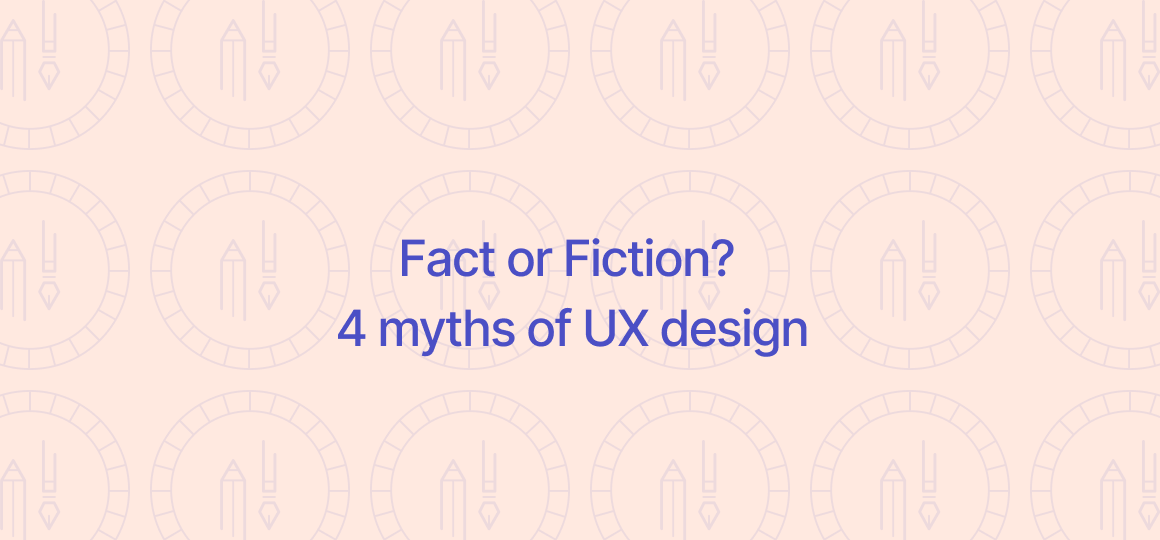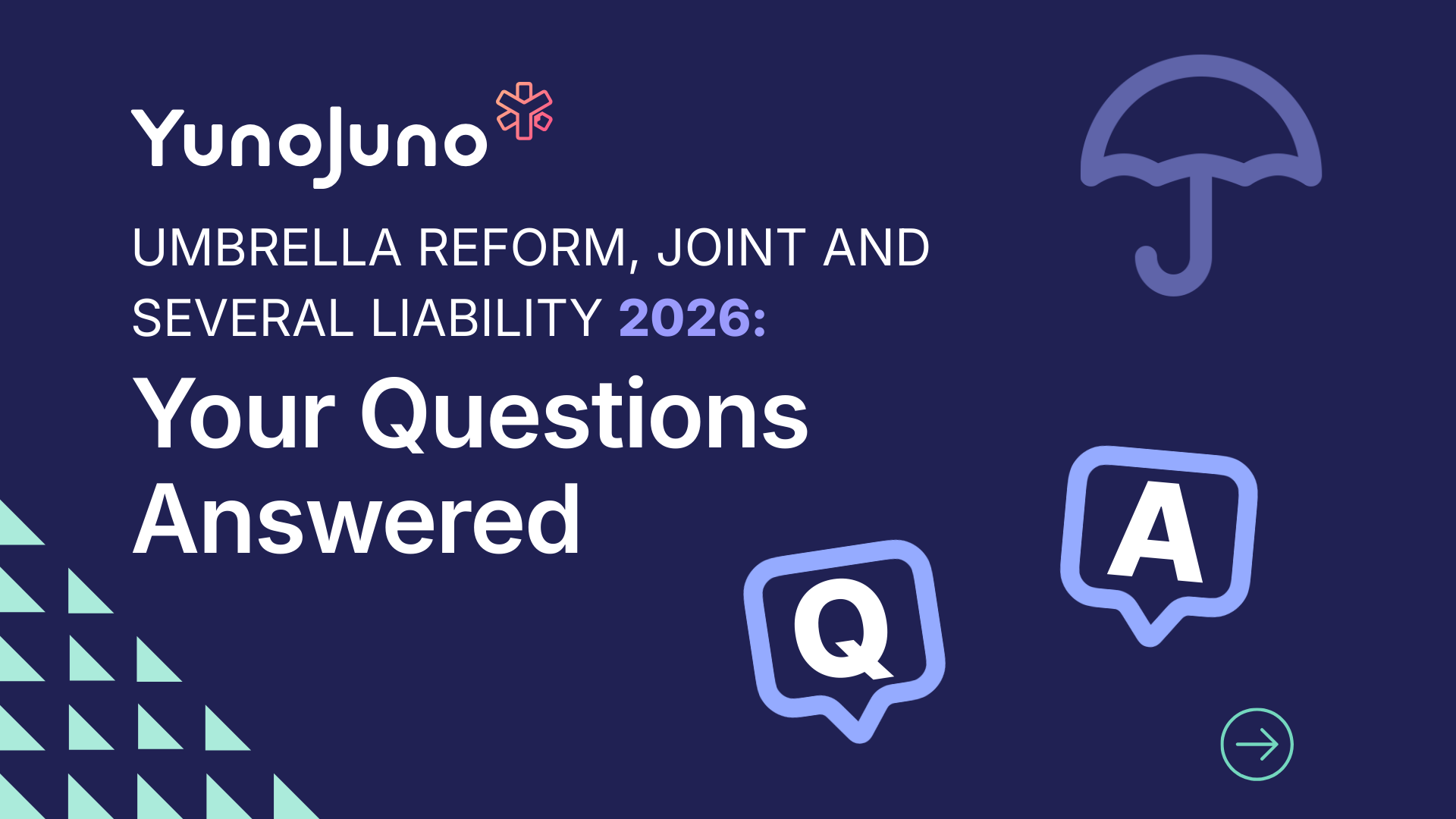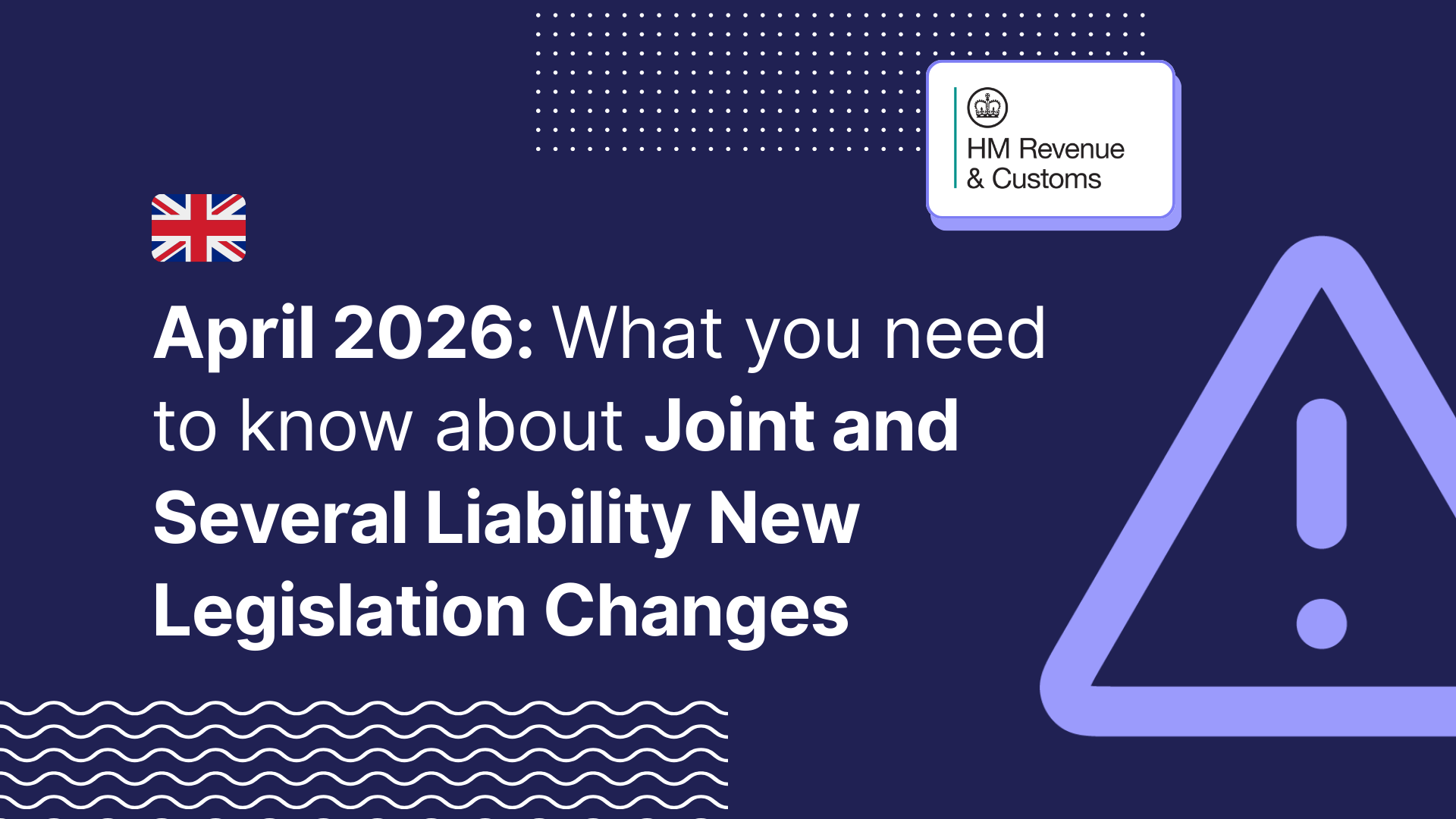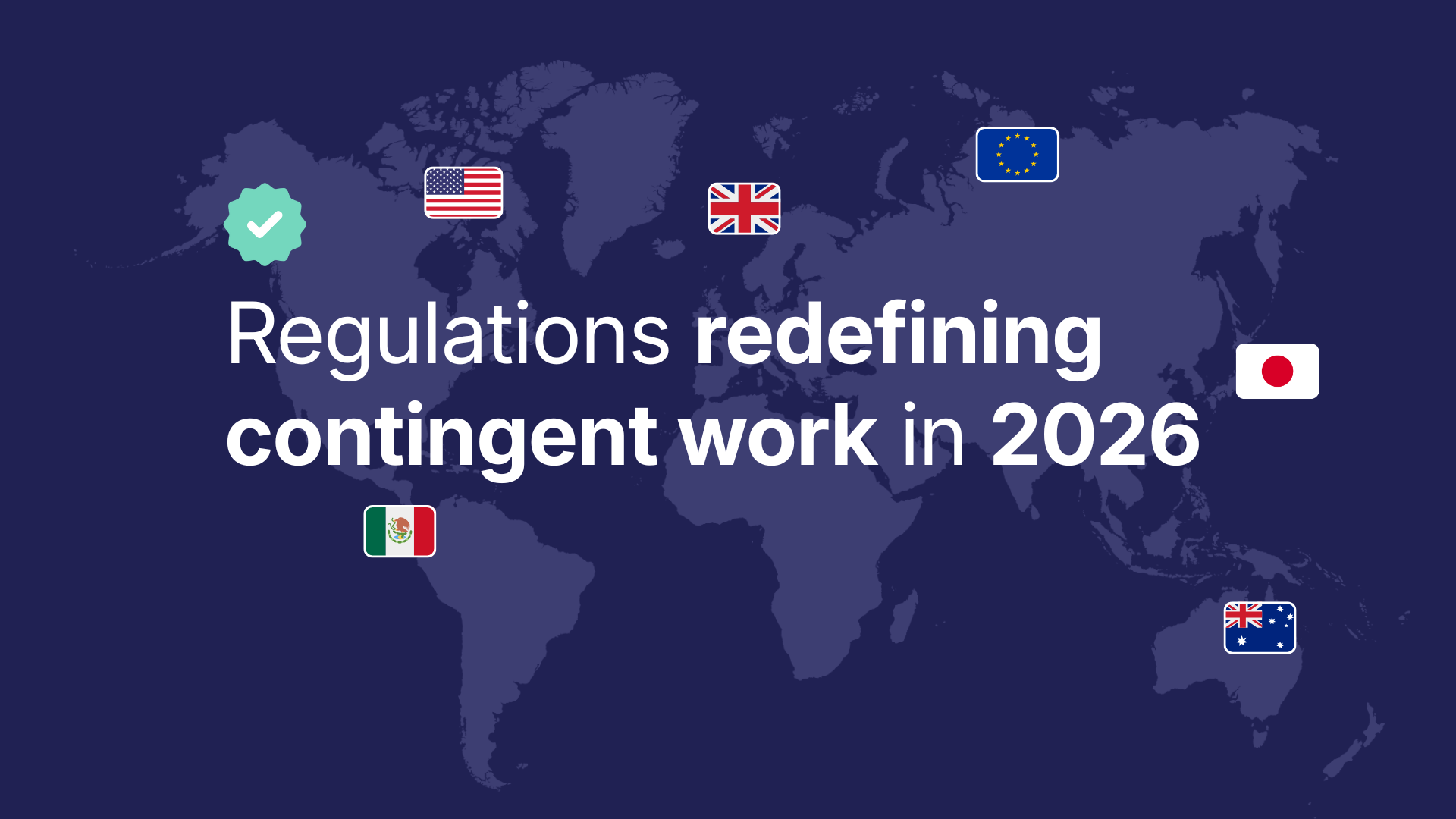As with almost any job on earth, there are certain myths surrounding the job of a UX designer. The best people to debunk them (or not!) are YunoJuno community members.
So, can you be a UX designer...
...if you don't have a degree
A common misconception about UX designers is that they’re really good at drawing or artsy by nature. Of course, most designers are very creative and artsy but you don’t need to have studied art to start a successful UX business. This is a sentiment echoed by UX freelancer, Gavin McFarland:
“I studied art and graphic design at school but I didn't go to university. However, I personally believe you don't need to have studied art to be a freelance UX Designer. The reason I believe this is because UX is made of so many disciplines, including problem-solving, socio and psychological behaviours, information architecture, people skills, project management and much more.”
Kate Margolis, a UX designer, says: "I really don't think a degree is important these days, for UX/ UI designers. Experience trumps any kind of qualification, in my opinion. I've worked with UX and UI designers who have backgrounds in psychology and they just think in very different ways. They really understand how to get deep down into how users think and move through journeys which is something really special".
This is also something a fellow designer, Claire Fletcher feels is important for people to be aware of, as she shares her feelings that being great at art doesn’t mean you’re good at user experience design:
“The role of art within UX is overrated. Successful UX doesn't need to be beautiful. It comes from understanding how people tick, how they interact with things and what compels them to do certain actions. You want consumers to arrive on a site and get from A to B (and beyond) as smoothly as possible. You can have something artistically beautiful that leaves consumers confused, uncertain or just plain frustrated because it doesn't do what it's meant to - which makes it a waste of money for any business to invest in. Something less pretty, but more functional, will typically perform better. If you look at a site like Wikipedia, which isn't visually stunning but you know exactly how to use, is a great example!”
Starting up a freelance UX business doesn’t require any kind of qualification so if you’re thinking about a career change or want to explore your options and feel user experience design might be more appealing, don’t let this query hold you back! There are no official degrees for UX design so if you’re curious about it, get started.
If you're curious to learn how much you could earn as a UX freelancer, check out our freelance rates report for UX professionals.
...if you can't draw
Now, the word designer immediately conjures up the idea they must be great at drawing and art! So, can you be a professional UX designer if you can’t draw at all? Claire says yes, absolutely; “Rough sketching is great but you don't need to draw to be able to visualise something. As long as you can translate what you mean it doesn't matter!”
Kate is also keen to share her art skills are the least important for her; "Definitely, I can't draw! I did art all through school and I still can't draw! I think if you can put some lines together when trying to share an idea, that's enough".
Likewise, UX designer Gavin feels UX design is very different from traditional graphic design:
“Computers can do it for you! In all honestly, though, I don't think you need to be able to draw. You need to be willing to not care about what people think of your drawing.”
If you really enjoy looking at user journeys, have some cool creative ideas but feel your drawing skills are less than good, listen to the UX freelancers. Being great at UX design has nothing to do with being great at art!
...if you can't code
Often, within the world of freelancing, there are many interchangeable skills that freelancers learn to their advantage. When it comes to UX design and coding, these two disciplines are complementary to each other as designers typically work closely with developers on web projects.
We asked Gavin what his thoughts were on learning code as a UX designer too:
“I learned to code out of curiosity and wanted to be a maker as well as a designer. I like to think it helps me understand the end-to-end process. Some knowledge of code can help to understand the limitations of the medium you're working in and it can make it a bit easier when talking with engineers but otherwise, in my opinion, it's not necessary.”
Claire also shares this sentiment, as she feels understanding some code is necessary for projects:
“It probably depends on the type of work you're doing! Having a base level of understanding is probably necessary just to help understand what is and isn't possible so you don't design something impossible or super expensive to actually reproduce.”
Kate Margolis adds: “I don't code. I don't work with or know any other UX designers who code either. I'm old-school and think coding is a very different way of working and thinking. I don't think knowing or learning code is important for a UX designer".
...if you don’t pay for a design studio package
When it comes to investing in your freelance career, there are often paid software tools freelancers use to help run their business. But if you’re new to freelancing or want to start off part-time, do you have to invest in expensive software? We asked our designers what they felt about paying out for software:
Kate shared: “I think it's important to have some experience or knowledge of design suites or studio packages but you don't need to spend loads on a studio package at all. Get familiar with them but when you’re a freelance UX designer, you don’t need to invest in them".
Gavin: “I really don't think this is necessary. Most work can be done remotely so a client-facing office is not necessary. I think it's important to have your own laptop so you have the autonomy to work the way you want.”
What are your thoughts on the subject? Share in the comments on social media or in our community Slack channel.
Not a YJ member yet? Join as a freelancer here.







